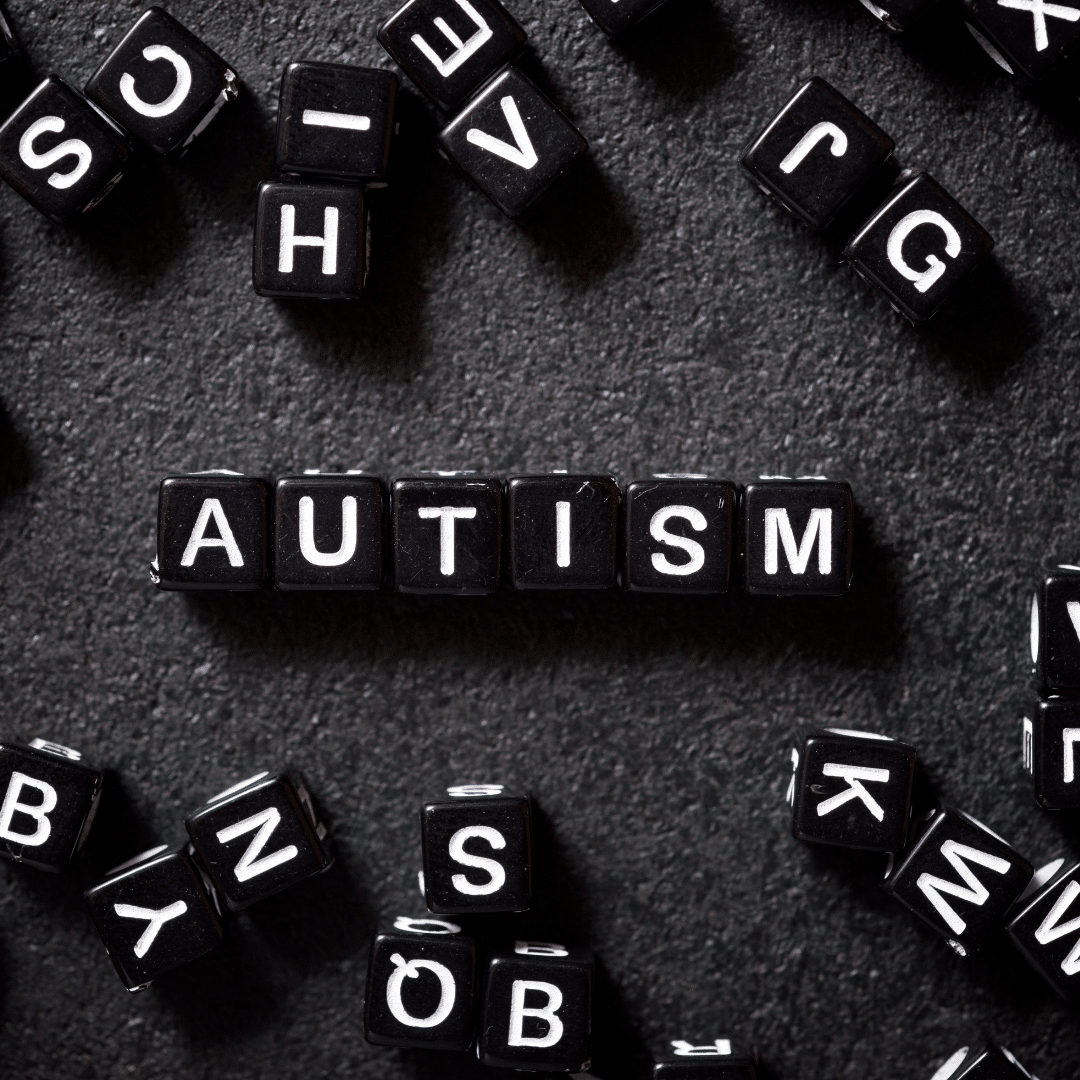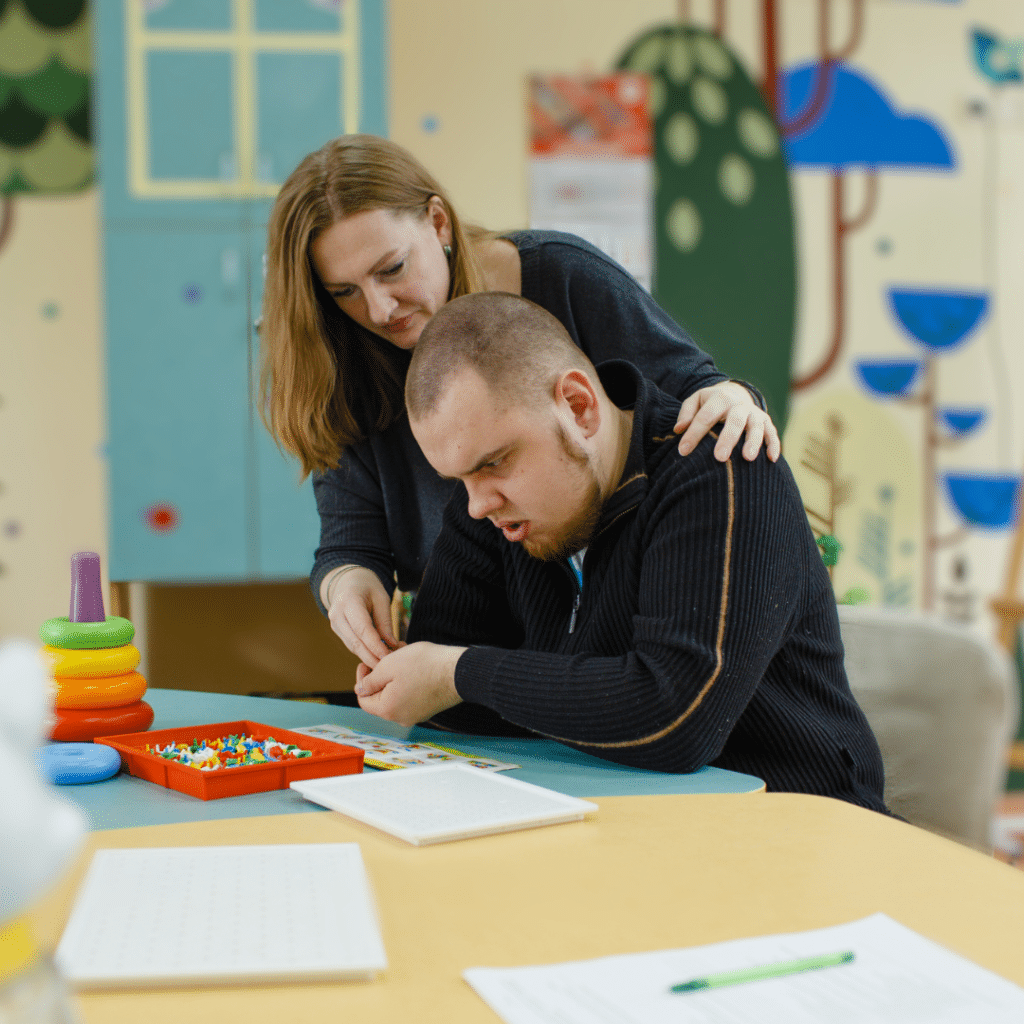
Have you ever found yourself lost in a sea of discussions surrounding Autism Spectrum Disorder (ASD)? One question that seems to surf its way to the forefront is whether autism falls under the category of a mental health disorder. It’s a topic that isn’t just about semantics—it touches the core of how we understand, support, and stand up for those on the spectrum.
The Essence of Autism

At its core, Autism Spectrum Disorder is a way of being that reflects differences in how individuals connect socially, communicate, and adapt to changes. The autism community is draped in a rich tapestry of experiences and skills, with each person crafting a unique story. The use of “spectrum” beautifully emphasizes this diversity, reminding us that the world of autism is vast and varied and that no two people with autism are the same.
Shifting Perspectives on Autism
The journey to understanding autism has been marked by more recent transformations. Gone are the days when it was misunderstood as a form of childhood psychosis or blamed on cold parenting or even vaccinations. Our collective knowledge has grown, and with it, our definitions.
The introduction of the DSM-5 by the American Psychiatric Association heralded a new era. Autism was recognized as a neurodevelopmental disorder, distancing it from mental health conditions like anxiety or depression. This distinction is significant, not just for the sake of classification, but for what it means for those living with autism.

Unpacking the Question: Is Autism a Mental Health Disorder?

Given its place in the neurodevelopmental category, autism isn’t primarily known as a mental health disorder. It’s more about the unique variations in brain development and functioning that shape how people on the spectrum perceive and interact with the world around them. These differences start from early development and express themselves in myriad ways.
Yet, it’s important to thread the needle carefully here. While autism itself is not a mental health condition, the journey through life with autism often intertwines with mental health challenges. These challenges might stem from the very nature of autism or from the hurdles of navigating a world that’s largely designed for neurotypical minds. The stress of trying to fit into societal norms, dealing with sensory sensitivities, and sometimes feeling misunderstood can lead to mental health struggles for many on the spectrum.
The Road to Support and Understanding
Recognizing that autism involves both neurodevelopmental and mental health dimensions opens the door to more comprehensive support. From occupational therapy to help manage sensory concerns to counseling for tackling anxiety, the support system around a person with autism should be as multifaceted as their experiences.
Advocacy also plays a key role. It’s about pushing for a world where people on the spectrum are celebrated for their unique perspectives, where inclusion isn’t just a buzzword but a reality, and where everyone has the support they need to thrive.
Conclusion
So, as we circle back to our initial question, we find that autism transcends the label of a mental health disorder. It’s a neurodevelopmental journey marked by both challenges and triumphs. By acknowledging and understanding the full spectrum of experiences—both neurodevelopmental and mental health-related—we pave the way for a more supportive, inclusive world. And in this world, every individual on the spectrum has the opportunity to shine bright, harnessing their unique abilities and navigating life on their own terms.
Responsibly edited by AI
Other Blog Posts in
Animo Sano Psychiatry is open for patients in North Carolina, Georgia and Tennessee. If you’d like to schedule an appointment, please contact us.
Get Access to Behavioral Health Care
Let’s take your first step towards. Press the button to get started. We’ll be back to you as soon as possible.ecovery, together.




